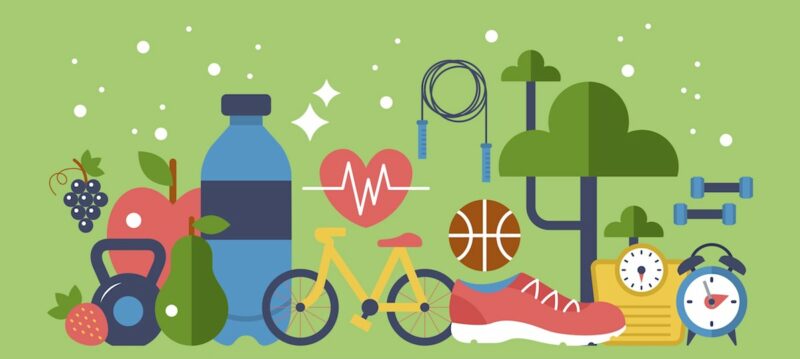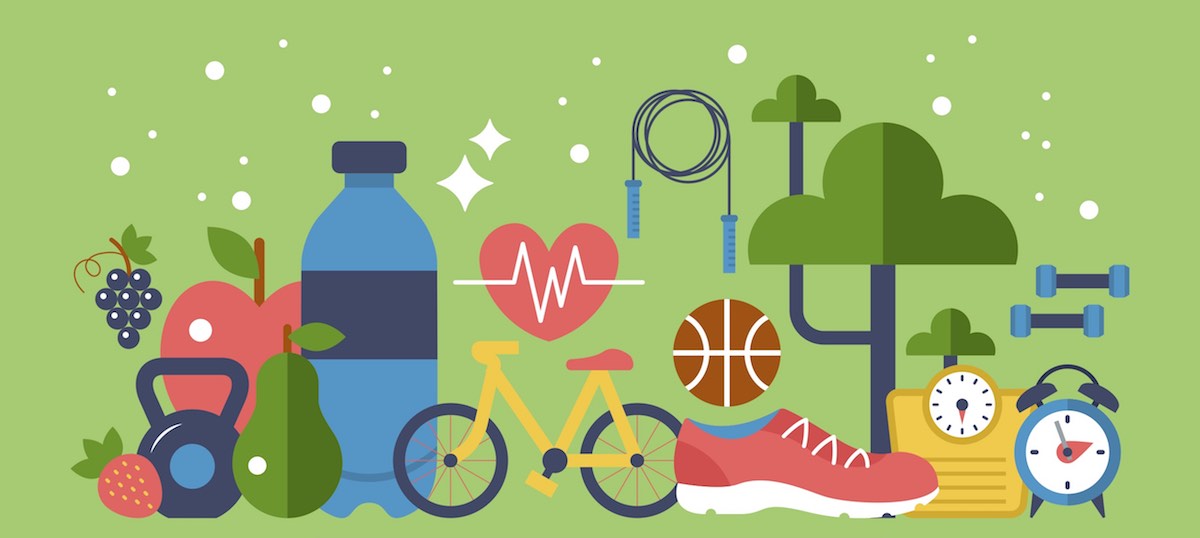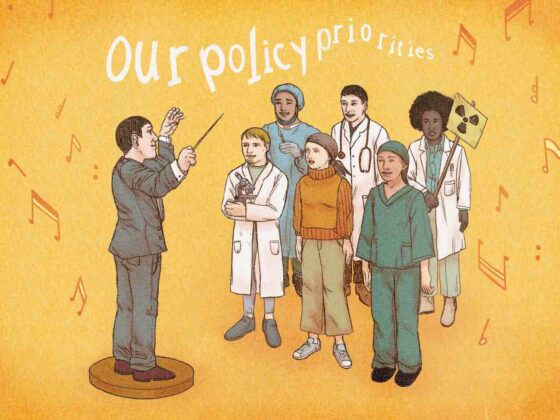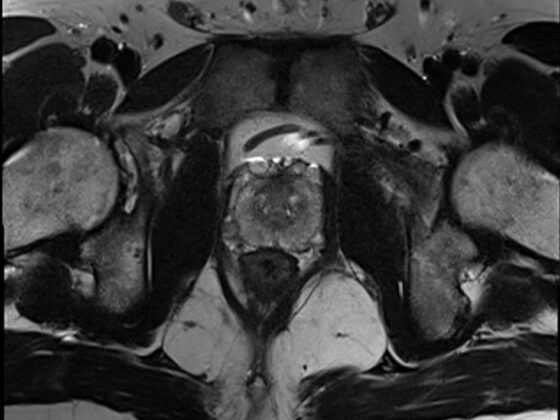Breast cancer survivors commonly experience treatment-related factors, such as fatigue, depression and discomfort, presenting barriers to the adoption of healthy life styles. The US questionnaire study, published in the Journal of the Academy of Nutrition and Dietetics (1 February 2021), underscores the need for breast cancer patients to be offered tailored advice on nutrition and physical activity as part of their routine cancer care.
Although early detection and treatment advances in breast cancer have resulted in a growing population of survivors, cancer treatment can present issues that impact on survivors’ ability to maintain healthy lifestyles, including changes in taste preference, gastrointestinal discomfort, pain, fatigue, anxiety and depression. A gap between breast cancer survivors’ desire for improved health and poor adherence to nutrition and physical activity guidelines has highlighted the need to identify the barriers to achieving healthy life styles.
Fang Zhang, from the Friedman School of Nutrition Science and Policy at Tufts University (Boston, Massachusetts), and colleagues set out to assess whether breast cancer survivors improve their nutrition and physical activity behaviour after cancer diagnosis and the barriers they perceive to healthy eating and physical activity. For the cross sectional study, 315 breast cancer survivors, recruited through social media, were asked to complete an online exploratory survey which included 68 questions across five domains covering demographics, cancer diagnosis and treatment, weight status, current nutrition and physical activity behaviours.
Results showed approximately one-third of respondents were still receiving cancer treatments or waiting for treatment to start and the remaining two-third had completed cancer treatments. Overall, 46.9% (n=145) of breast cancer survivors reported having at least five healthy nutrition behaviours and at least one healthy physical activity behaviour, and trying to maintain a healthy weight. Despite more than half of breast cancer survivors reporting they had cut their consumption of red and processed meat, sweets and fried foods and increased fruit and vegetable intakes, only one-quarter reported increasing whole-grain consumption.
For healthy eating, the most frequently reported barrier was fatigue (reported by 72.1% of respondents); followed by stress, depression or reduced mental function (69.5%); changes in taste preference during or after cancer treatment (48.6%); craving unhealthy food (42.5%); loss of appetite (31.4%); healthy food costing too much (30.5%); and lack of time to prepare healthy foods (34.3%). Fatigue was also the top barrier for staying physically active (reported by 65.7% of respondents); followed by physical discomfort (53.7%); lack of willpower (36.5%); lack of time (35.6%); and a preference to be sedentary (34.3%).
“To support positive behaviour changes, it would be important to tailor the intervention to address fatigue and other common-treatment-related barriers experienced by breast cancer survivors across the cancer continuum,” write the authors.
They note that breast cancer survivors five to nine years post diagnosis reported more positive changes compared with survivors within five years of diagnosis, but that this pattern did not persist with longer survivorship. Breast cancer survivors 10 years or more since diagnosis reported the lowest frequency of healthy nutrition and physical activity behaviours. “This suggests that survivors’ motivation for attaining a healthy lifestyle declines with time as they become long-term survivors,” write the authors.
Future nutrition interventions for breast cancer survivors, they add, need to include a specific focus on increasing whole-grain consumption for improving long-term health. The authors also highlight the finding that internet searches (rather than interactions with medical staff) provided the primary source for patients seeking nutritional advice. “These gaps call for future efforts to provide individualized nutrition counselling to cancer patients as part of the routine oncology care,” conclude the authors.
Speaking to Cancer World Kotryna Temcinaite, from the UK charity Breast Cancer Now, says, “Following a breast cancer diagnosis it’s really important that women live as healthily as possible, as this can help reduce the chances of cancer coming back after treatment, along with other health benefits. Understanding the barriers that some women face to leading a healthy lifestyle is the first crucial step to us being able to address them, and this research provides helpful insight into these challenges and highlights how needed reliable advice and support is.”












